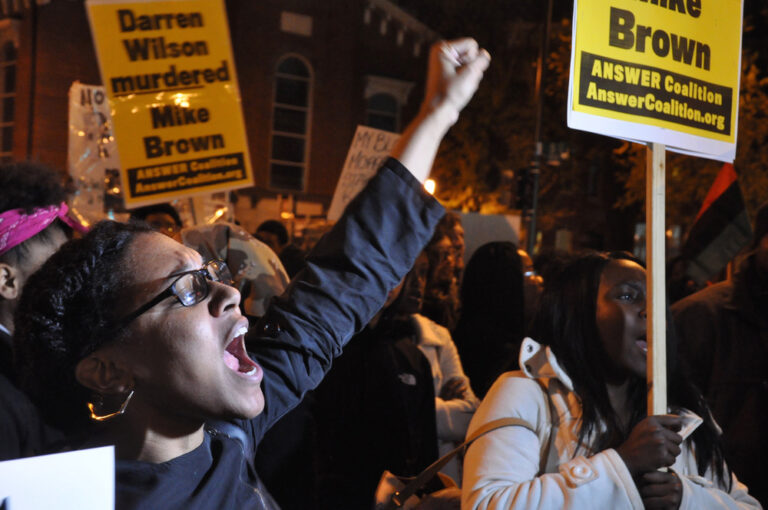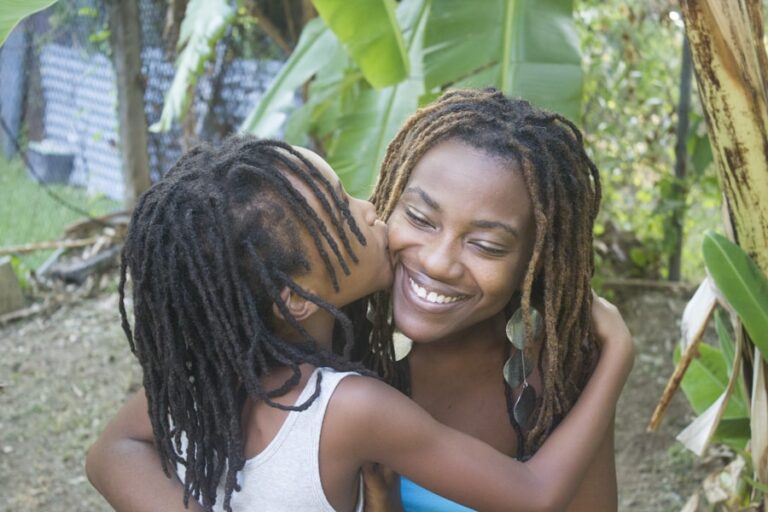There is no greater challenge than the art of parenthood. There are times I find myself wanting to be isolated or run away from the responsibility of it all. Even with all the skills I have obtained through my career as an early childhood mental health professional, I still find myself lost, frustrated, and oftentimes overwhelmed.
But God has a funny way of reminding me that it is not my education that allows me to raise my children—it’s what I do in those unexpected, organic moments that give me the ability to master the craft. The humanness of those thoughts keeps me grounded.
Raising “people” is one of the most demanding, sacrificial roles you’ll ever play. The great thing is that you have a million times to try to get it right, something I relearn every day.
My oldest daughter Kennedy, 8, is at a milestone in life where she wants to mark her independence. I believe this has everything to do with her starting puberty. She can be emotional, needy, and mouthy all in the same breath. Her good days outweigh her bad, but her bad can feel overwhelming.
There is no greater challenge than the art of parenthood.
Today was not one of those good days. I had a long day in the community, driving from one end of the town to the other, working with families everyone else has failed to help. When I got home, I noticed Kennedy had put in minimum effort on a math test. I know this because I know my child and she is a math genius.
When I asked her about it, I could already tell the evening was not going to go well. She felt attacked—maybe that was warranted—and it set the tone for the rest of the day. Later in the evening I noticed she wasn’t taking care of her skin either (she has really bad eczema and needs to follow a very strict skin routine), so I immediately questioned her.
All of her guards went up. As she began to cry, she said, “You don’t care about me.” That statement triggered me: How could she say such a false statement when I just spent my entire day, my entire life, dedicated to making sure she knew how much I cared? I was so angry, I resented her in that moment. I got argumentative and punished her. At that point her father stepped in because he is often the level headed one, and tagged me out for a break.
(Shout out to all my single mothers and fathers who can’t tag a partner to step in, you are amazing.)

When my husband checked in, I started to self-reflect. Self-reflection is key when parenting because it brings you to a conscious level of parenting. I had the ability to recognize my part in the argument. Was she an easy target for my bad day? How could I have approached her to get my point across in a more sensitive manner? Does she really believe I don’t care, or is she an 8 year old whose reactions can be irrational? All these questions placed me back to when I was her age, and would fight back only to realize it was at those moments I just wanted more love.
After she sat with her father and I had some special playtime with my youngest daughter Karter, I knew we both needed each other. As she got ready for bed, I went into her room and asked if she would sit on my lap. I apologized. “This can be hard for parents, because we always feel like we are right,” I told her. But to model forgiveness for our children is so empowering and necessary. I began to tell her the errors in my ways as well as hers. I wanted her to know that we were both equally flawed. I never want my daughter to feel she has to be perfect or that her mommy is perfect, but I want her to know that she has to try her best. No one can argue with best.
I also wanted for her to understand the difference between caring, and challenging her to be and do better. It is my job as her mother to want the best for her. Challenging her is not fighting with her—it’s simply knowing her potential as her mother.
We ended with a long, tight hug, lots of affirmations, and encouraging one another. I will always be her mother and she will always be my daughter—neither of us will ever be perfect, but we’re both always growing.

















